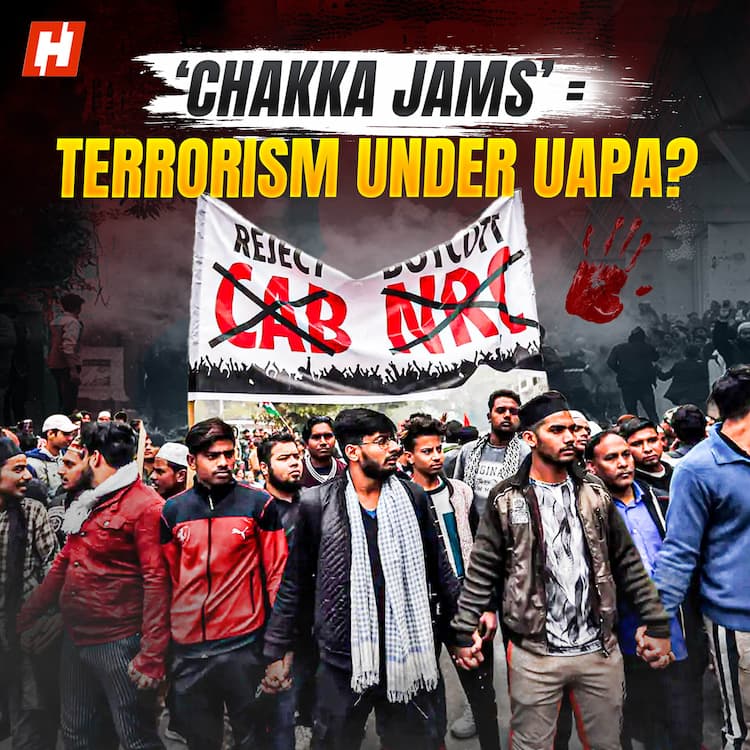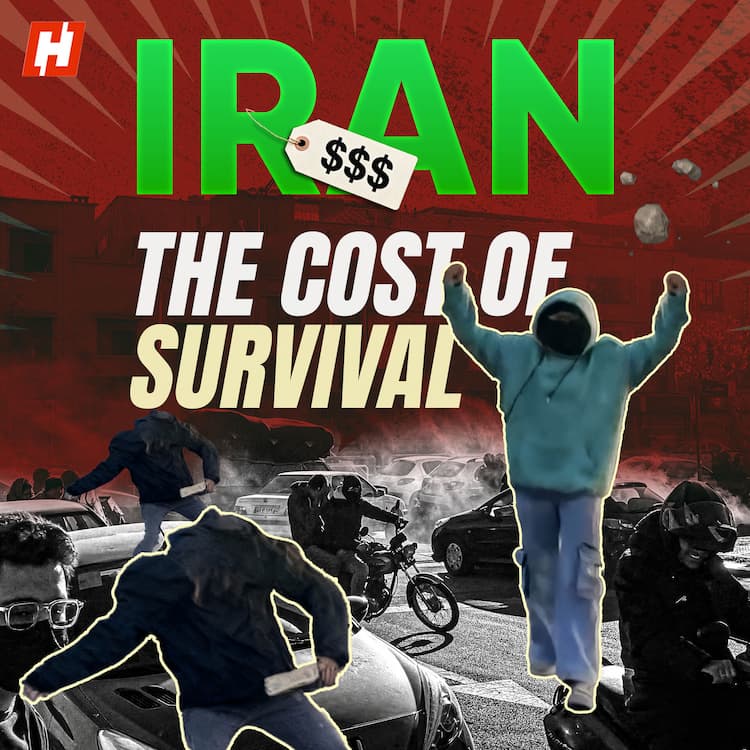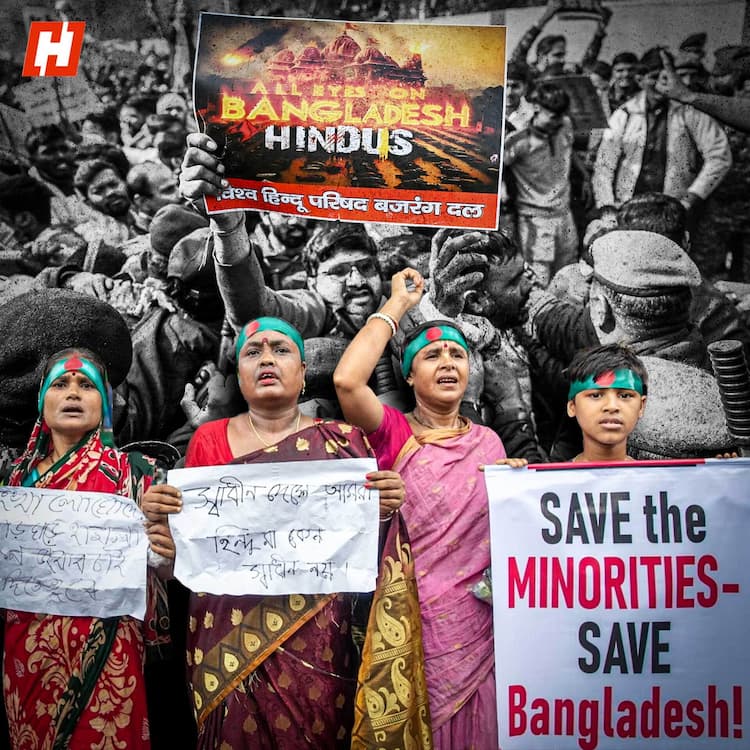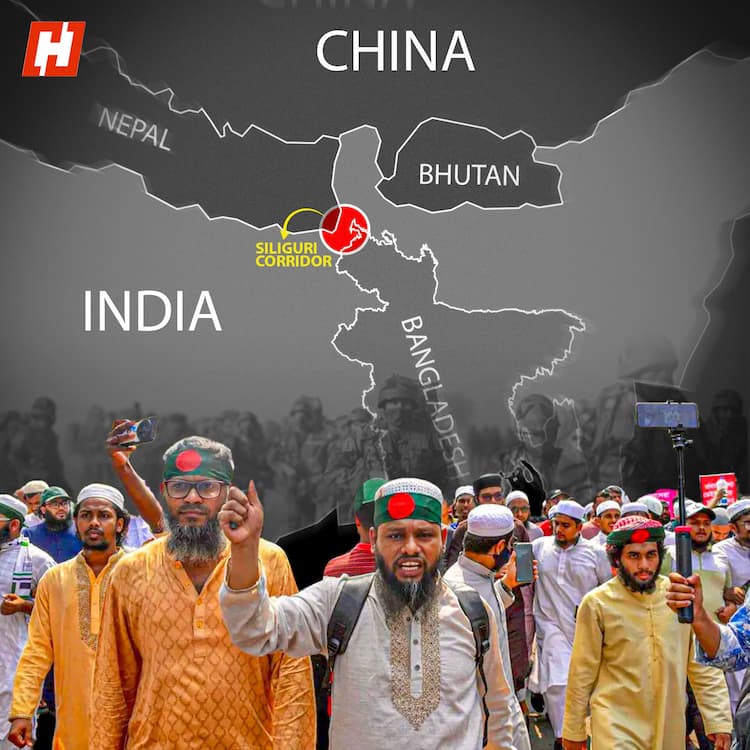US President Donald Trump, on the weekend, signed an executive order that will add a $100,000 (₹88 lakhs) fee for new applicants to the H-1B visa programme, effective from midnight on September 21.
The surprise announcement, just 2 days before it was applicable, led to much consternation across the globe. Especially after Commerce Secretary Howard Lutnick, at the initial announcement, repeatedly said that companies would have to pay the fee each year for six years.
For context - the H-1B visa is a Specialty Occupation work authorisation visa. Basically, this allows US companies to hire foreign professionals for jobs that need special skills. The initial period of stay is three years, with extensions available for up to three years thereafter. Meaning - the H-1B visa has a cumulative maximum duration of 6 years
Fortunately, the White House did come out with a clarification later on, albeit, well after the hysteria had set in worldwide.
In a post on X, the White House explained that the $100,000 is a one-time fee and NOT an annual fee. Furthermore, the executive order only applies to NEW applicants, like those in the upcoming 2026 lottery. The Proclamation also does NOT apply to anyone who already has the visa, and does NOT affect renewals or H-1B petitions submitted before September 21. More importantly, the Proclamation does NOT impact the ability of any current visa holder to travel to or from the US.
Notably, Trump’s executive order does include exemptions to the new fee. The Secretary of Homeland Security may exempt cases if hiring a worker is deemed in the national interest and does not threaten US security or welfare. On the flipside, the order does spell bad news for some. The order states that high-skilled and high-paid workers will be prioritised over entry-level roles. Additionally, the Department of Labor has been mandated to raise prevailing wage levels to prevent undercutting.
Trump’s order has, naturally, gotten big tech companies quaking in their boots. Mainly because companies such as Amazon, TCS, Microsoft, Meta, Apple and Google, were the greatest beneficiaries of the programme, according to government statistics.
Moreover, Indians will be the group most affected as they made up 71% of approved H-1B beneficiaries in the first half of 2025, according to government data cited by Reuters.





